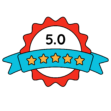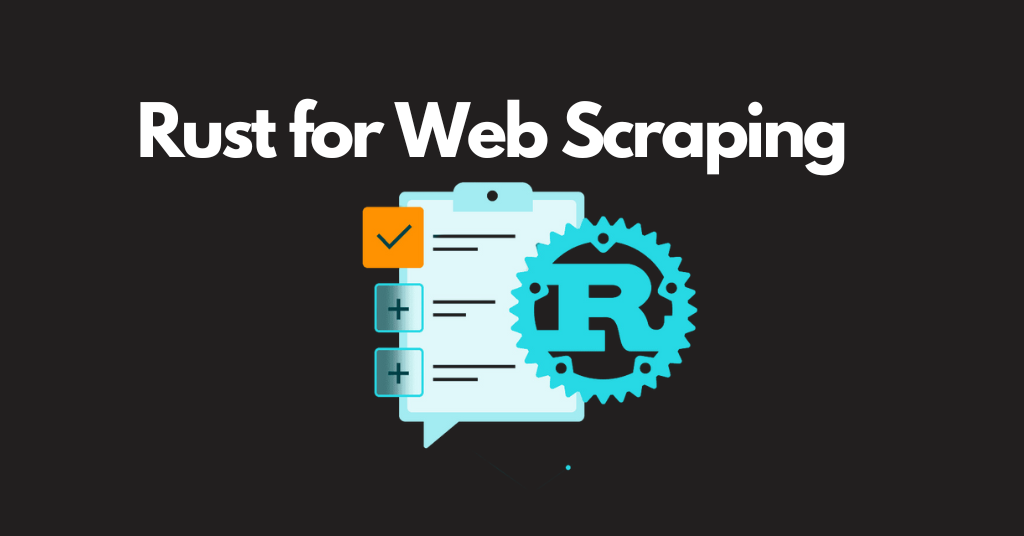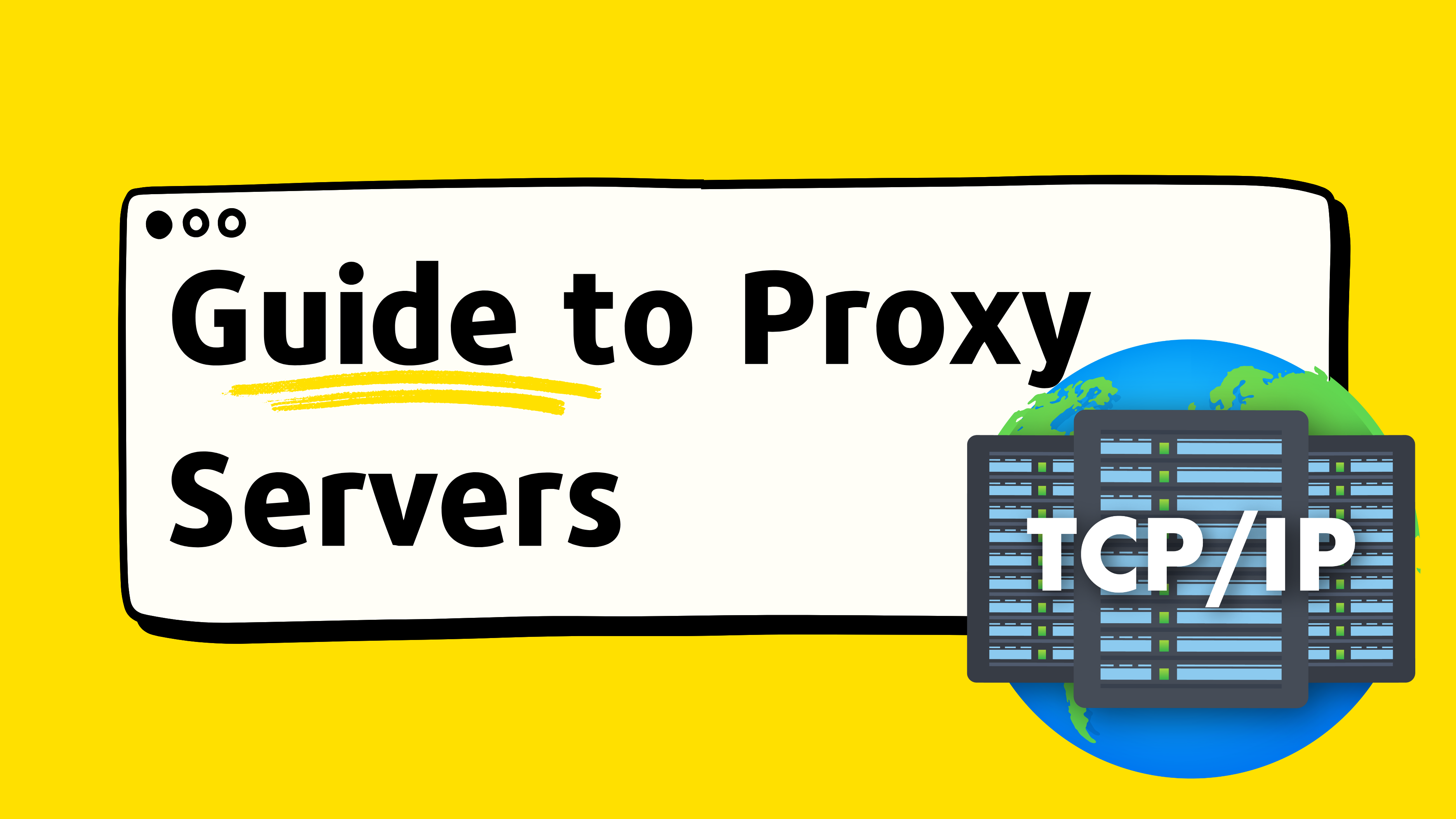Introduction
Web scraping is a hot topic these days, and developers are always on the lookout for the most efficient tools to extract data from websites. Among the myriad of programming languages available, Rust has emerged as a powerful contender. But why is Rust considered the ultimate tool for web scraping? Let’s dive in and find out!
What is Web Scraping?
Web scraping is the process of extracting data from websites. It involves fetching web pages and then parsing the content to gather useful information. This technique is widely used for data mining, market research, and competitive analysis.
The Rise of Rust in Development
Rust, created by Mozilla, is gaining traction for its performance and safety features. It’s a language that promises the speed of C++ while ensuring memory safety and concurrency, making it an excellent choice for systems programming. But its benefits extend beyond that, especially in the realm of web scraping.
Why Rust?
Performance and Speed
Rust is known for its blazing speed and performance, crucial for web scraping where handling large volumes of data quickly is essential. Unlike interpreted languages like Python, Rust compiles to native code, which means it can execute tasks much faster.
Memory Safety
One of the standout features of Rust is its memory safety. It achieves this without a garbage collector, which means no unexpected pauses during execution. This is a boon for web scraping tasks that require reliability and consistency.
Concurrency
Web scraping often involves handling multiple requests simultaneously. Rust’s approach to concurrency is both safe and efficient, allowing developers to scrape multiple pages concurrently without fear of data races or crashes.
Web Scraping Basics
Understanding Web Scraping
Before we dive into why Rust is great for web scraping, let’s cover some basics. Web scraping involves making HTTP requests to fetch web pages and then parsing these pages to extract the needed data. It requires handling HTML, CSS, and sometimes JavaScript to navigate and scrape content.
Key Components of Web Scraping
- HTTP Requests: Fetching the web page.
- Parsing HTML: Extracting the desired data from the HTML structure.
- Data Storage: Saving the extracted data in a structured format like CSV or JSON.
Rust for Web Scraping
Advantages of Using Rust
Rust brings several advantages to web scraping:
- Speed: Fast execution due to compiled nature.
- Safety: Memory and thread safety.
- Concurrency: Efficient handling of multiple tasks.
Rust Libraries for Web Scraping
There are several libraries in Rust that make web scraping easier:
Reqwest
Reqwest is a popular Rust library for making HTTP requests. It simplifies the process of fetching web pages and handling responses, making it easier for developers to focus on data extraction.
Scraper
Scraper is a Rust library that helps in parsing HTML and extracting data. It supports CSS selectors, which makes it easy to pinpoint the exact elements you need to scrape.
Getting Started with Rust for Web Scraping
Setting Up Your Environment
To get started with Rust for web scraping, you’ll need to set up your environment. This involves installing Rust and any dependencies needed for your project.
Building a Simple Scraper in Rust
Let’s walk through creating a basic web scraper using Rust.
Installing Rust and Dependencies
First, install Rust from the official website. You’ll also need to install libraries like Reqwest and Scraper for handling HTTP requests and parsing HTML.
Writing and Running Your First Scraper
Create a new Rust project and add the necessary dependencies. Write your scraper by making an HTTP request to a web page and then parsing the response to extract the required data. Run your scraper to see the data you’ve extracted!
Best Practices for Web Scraping with Rust
Handling Data Responsibly
When web scraping, it’s important to handle data responsibly. Ensure you’re not violating any website’s terms of service and that you’re not overloading servers with too many requests.
Avoiding IP Blocking
To avoid being blocked by websites, consider using techniques like rotating proxies or adding delays between requests.
Respecting Website Terms of Service
Always respect the terms of service of the websites you’re scraping. Some websites explicitly prohibit web scraping, so it’s crucial to check and comply with their rules.
Real-World Applications
Data Analysis
Web scraping is invaluable for data analysis. By collecting data from various websites, you can analyze trends and gain insights that would be difficult to obtain otherwise.
Competitive Intelligence
Companies use web scraping to gather information on competitors, such as pricing, product availability, and customer reviews. This data helps in making informed business decisions.
Market Research
Web scraping is a powerful tool for market research. It allows you to collect data on consumer behavior, market trends, and product demand, providing a competitive edge in the market.
Challenges and Solutions
Dealing with Dynamic Content
Scraping dynamic content, such as data loaded via JavaScript, can be challenging. Tools like headless browsers or specialized libraries can help manage this complexity.
Managing Large Datasets
Handling large amounts of scraped data requires efficient storage and processing. Using databases and efficient data structures can help manage and analyze large datasets effectively.
Conclusion
Rust is a powerful tool for web scraping, offering speed, safety, and efficiency. Its robust features and growing ecosystem make it an ideal choice for developers looking to scrape data from the web. Whether you’re a seasoned developer or a beginner, Rust provides the tools you need to build efficient and reliable web scrapers.
FAQs
What is Rust’s role in web scraping?
Rust provides the performance and safety needed for efficient and reliable web scraping, making it an excellent choice for developers.
How does Rust compare to Python for web scraping?
Rust offers superior speed and memory safety compared to Python, making it better suited for large-scale scraping tasks.
What are the key benefits of using Rust for web scraping?
Rust’s key benefits for web scraping include speed, memory safety, and efficient concurrency handling.
Can beginners use Rust for web scraping?
Yes, beginners can use Rust for web scraping. While Rust has a steeper learning curve, there are many resources and libraries available to help new developers get started.
Are there any limitations to using Rust for web scraping?
The main limitation is the steeper learning curve compared to more popular languages like Python. However, the benefits of performance and safety make it worthwhile.



